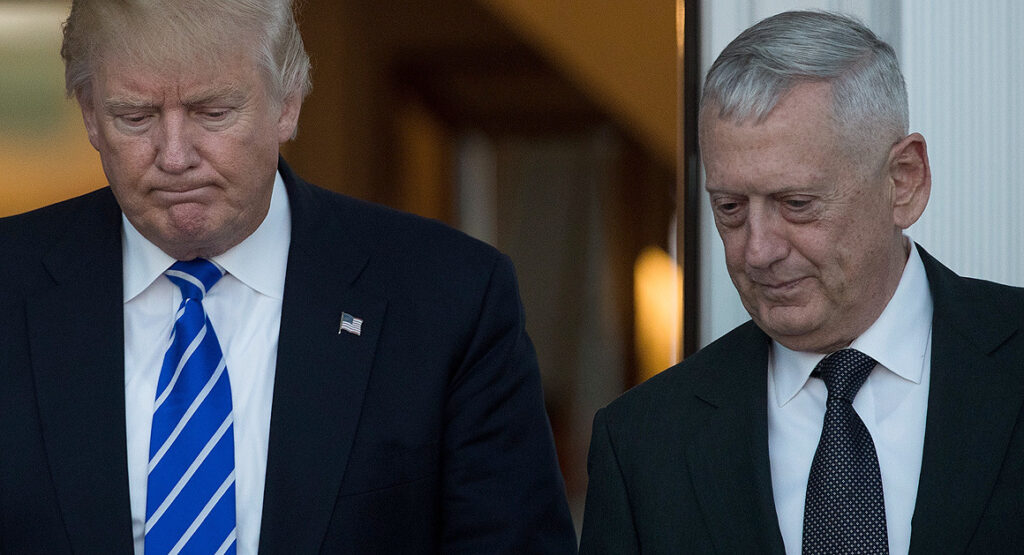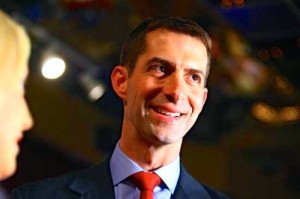Mattis Signals Strong Commitment To Allies, Especially NATO; Announces Weapons Review
Posted on

Presumptive Defense Secretary James Mattis sent a clear signal to America’s allies — and to his presumptive boss, President-Elect Trump — that the NATO alliance is “enormously” important and that America “must also take no ally for granted.”
If approved by the Senate, Mattis said, in written answers to questions from the Senate Armed Services Committee, that he “will work to promote these alliances.” During his testimony to the committee this morning, Mattis went so far as to call NATO perhaps the most important alliance in world history.
All this would seem to stand in stark contrast to the dismissive statements from Trump when he was running for president. At the same time, while Tump’s tone was dismissive and he seemed to reject the standard American commitment to NATO, Trump’s comments about burden sharing echoed sentiments by President Obama, who called allies who didn’t meet the NATO requirement of spending 2 percent of their GNP “freeloaders.” It is a sentiment that has long been held by American policymakers and the military, who have watched America’s share of the NATO budget rise from 50 percent to 75 percent since 2001. But Trump’s tone and blunt delivery, as so often happened, has made it appear as if the US would not meet its treaty obligations under Article 5 of the NATO charter.
Mattis called on NATO to “harness renewed political will to confront and walk back aggressive Russian actions and other threats to the security of its members,” in his written answers. He also told the SASC that “buttressing NATO will be fundamental” to managing the increasingly feisty Russians, adding that the Pentagon “we will need an integrated strategy that strengthens the North Atlantic Alliance and ensures that the Department of Defense is prepared to counter both traditional and emerging threats.”
That should go some way to alleviate the fears of many NATO allies, felt especially keenly by the Baltic States and Poland as they face the restive Russian bear.
In a clear sign to Russia and China, Mattis said he thinks that the current liberal world order — the skein of international law and diplomacy guaranteed by American military and economic power since 1945 — is “under the biggest assault since World War.” He also told SASC chairman Sen. John McCain that he does not think the American military is strong enough to achieve the goal of maintaining that order.

Sen. Tom Cotton
Mattis also told Sen. Tom Cotton that we have a “reset problem” after “many years of hard use” of American weapons. He pointed especially to maintenance problems for ships that, because we don’t have enough of them, need to stay at sea for longer periods than expected. They then need more maintenance once they return to home port. (This is especially true of aircraft carriers, though Mattis didn’t mention them specifically).
All this would seem a clear signal, when combined with Trump’s willingness to “let it be an arms race” in nuclear weapons, that the United States will buy more war machines. But in his written questions, Mattis announced a major review of what weapons America buy and why it buys them, and he told the SASC this morning that he would work hard on getting the Pentagon’s business practices “in line.” Trump has, of course, publicly shamed the two top defense contractors, Lockheed Martin and Boeing, for high costs and schedule delays afflicting the F-35 and the new Air Force One.
In his written answers, Mattis said:
“My priorities would include increasing the readiness of our force, and ensuring its effective employment in accomplishing the missions directed by the Commander-in- Chief. I intend to bring business-minded reforms to the Department of Defense, ensuring that we gain the greatest possible return to our national security for every tax dollar invested. This effort would include a review of what, why, and how we are buying things.”

Sen. Mazie Hironi
The most intriguing exchange at the SASC hearing about acquisition was with Sen. Mazie Hirono, Democrat of Hawaii. She asked Mattis if Trump’s use of Twitter to comment about weapons systems already under contract was appropriate. Mattis said it wasn’t his role to comment on the President-elect’s statements, He did say that Trump’s tweets show the president-elect “is serious about getting the best bang for the dollar when it comes to defense dollars.”
Put that combination of readiness concerns together with the desire to get the “best bang” and we may be looking at increased spending directed largely at improving readiness, as opposed to straight acquisition. Shipbuilders look to benefit most from this approach, since building more ships will have the most direct impact on naval readiness. The Air Force is probably next in line.
While Mattis told the SASC he supported planned upgrades to the nuclear triad, he did pause on one program that has received widespread support throughout the Obama Pentagon, the next-generation Air Launched Cruise Missile (known as LRSO). “I need to look at that one,” he said.
Subscribe to our newsletter
Promotions, new products and sales. Directly to your inbox.
